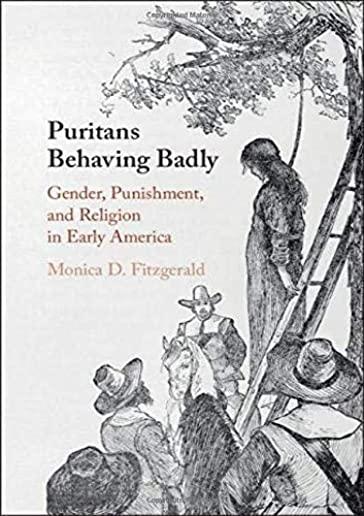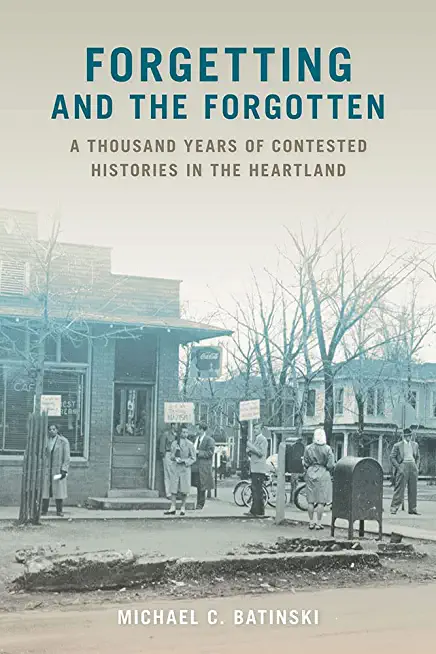
Fitzgerald, Monica D.
product information
description
3Tracing the first three generations in Puritan New England, this book explores changes in language, gender expectations, and religious identities for men and women. The book argues that laypeople shaped gender conventions by challenging the ideas of ministers and rectifying more traditional ideas of masculinity and femininity. Although Puritan's emphasis on spiritual equality had the opportunity to radically alter gender roles, in daily practice laymen censured men and women differently - punishing men for public behavior that threatened the peace of their communities, and women for private sins that allegedly revealed their spiritual corruption. In order to retain their public masculine identity, men altered the original mission of Puritanism, infusing gender into the construction of religious ideas about public service, the creation of the individual, and the gendering of separate spheres. With these practices, Puritans transformed their 'errand into the wilderness' and the normative Puritan became female.
member goods
No member items were found under this heading.
listens & views

YARDSTICK TO THE STARS: ARIAS: ...
by SAXTON / SILVERTHORNE / CONSTABLE / AUSTIN
COMPACT DISCout of stock
$17.99
Return Policy
All sales are final
Shipping
No special shipping considerations available.
Shipping fees determined at checkout.






